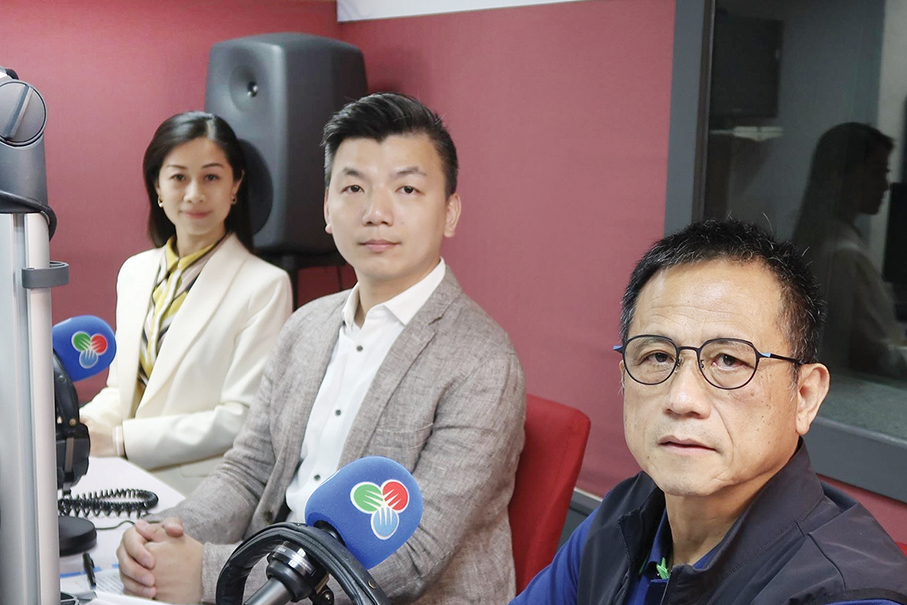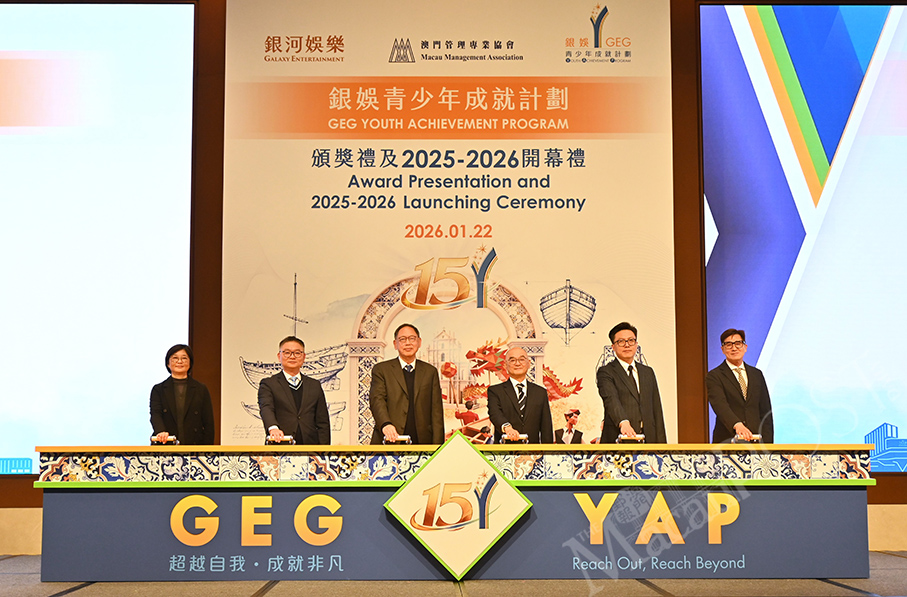Attending public broadcaster TDM’s Chinese-language radio phone-in programme, Ou Mun Gwong Cheuhng, the Education and Youth Development Bureau’s (DSEDJ) Non-Tertiary Education Department Chief Luís Gomes said yesterday that the declining fertility rate is a global issue impacting various industries, adding that the bureau has adopted an adjustment mechanism for small classes with 25 to 35 students in each class, aiming to avoid “excessive” class size expansions or reductions, thereby ensuring teaching staff stability.
The Statistics and Census Bureau (DSEC) has announced recently that the local birth rate fell to 6.4‰, the lowest level on record since 1985.
Gomes took the example of the decreasing number of enrolments from nearly 7,000 students in the 2016/2017 academic year, who were born in the latest Year of the Dragon (2012), to about 5,000 in the current academic year, to illustrate Macau’s birth rate, which he said, involves a cycle of change.
Yesterday’s phone-in programme was also addressed by Chinese Educators Association of Macau Vice President Wong Kuok Ieng and teacher Wu Hang San, who is also a member of the government-appointed Central District Social Services Consultative Council.
There were more than 4,300 newborns last year, Wong said, down by about 1,000 from the number of new students who enrolled this year.
As most local schools provide free education, and the resources mainly come from the government, Wong said, the low fertility rate could provide opportunities for the government to introduce measures to narrow the gap in “school hardware”, through which the government could improve the quality of teaching while maintaining class sizes.
Wu said she believed that small class teaching would increase students’ speed of learning and confidence, while also enabling teachers to better observe the performance of their students in class, teaching them according to their aptitude.
Responding to a caller’s suggestion that the government should adopt “random allocation” of school places to increase fairness among the children, Gomes said that if this kind of allocation would be applied, parents may not be able to choose the school for their children that offers their preferred teaching concept. Gomes also said it might also lead to problems such as students attending schools outside their district.
Wong said that the current system of admission interviews ensured that each school could accept students in accordance with its own development philosophy, guaranteeing the diversity of education, while also allowing both the students’ parents and the school to have the right to choose.
Diversified education was “worth preserving” in Macau, Wong said, adding that it could cultivate talents in different fields.

The Education and Youth Development Bureau’s (DSEDJ) Non-Tertiary Education Department Chief Luís Gomes (centre), Chinese Educators Association of Macau Vice President Wong Kuok Ieng (front) and teacher Wu Hang San, who is also a member of the government-appointed Central District Social Services Consultative Council, pose during yesterday’s phone-in programme hosted by public broadcaster TDM’s Chinese-language radio station, Ou Mun Tin Toi. – Photo courtesy of TDM








